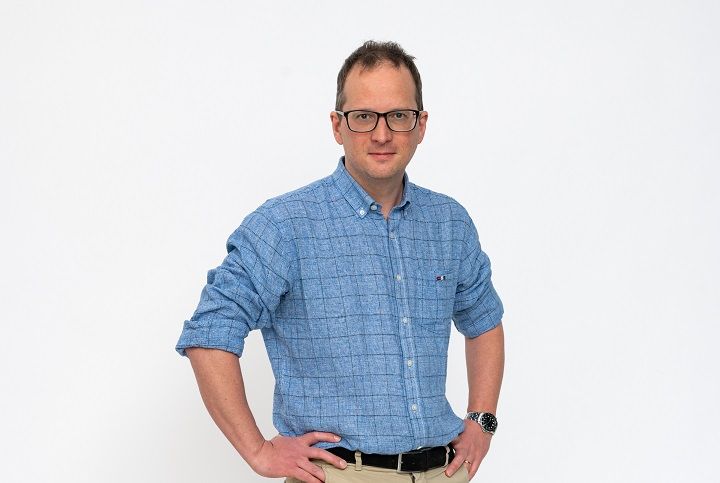Every year on the first Tuesday in October, the Folketing opens and a new parliamentary season begins with debates, votes in parliament, etc.
The debate on bringing more internationals into Denmark acquired new traction this summer, as the need for more smart minds on the labour market became increasingly urgent.
But if you ask me, it’s like time is standing still; nothing is really happening.
And it looks like nothing is going to happen despite an obvious need for more internationals.
In a recent interview Minister of Employment Ane Halsboe-Jørgensen made it clear that Socialdemokratiet – the largest party in the SVM government – refuses to invite e.g. African skilled labour to Denmark as proposed by Moderaterne this summer.
I guess it’s fair to say that Danish politics is back to normal: Everything – or at least a lot – is about being tough on immigration.
But it’s 2023.
And Ane Halsboe-Jørgensen and her colleagues in the government and parliament should wake up and get their hands into the matter in the coming political season.
Here are four jobs that need to be done:
1. A smoother path
According to various organisations – from trade unions to employee associations – Denmark needs to attract a lot more internationals to keep up with industry development in the years to come.
At the same time, other European countries are facing the exact same problems, leading to tough international competition for skilled workers.
But we also know that coming to Denmark can be a challenge because of the bureaucracy for both the individual and the hiring companies.
It’s crucial that responsible MPs crack that nut and ensure a smoother path for entering the Danish labour market.
2. Tell the truth
For decades the Danish political debate has been harsh when it comes to immigration from certain countries or regions.
For decades it has been the standard in Danish politics that if you want to reach out for power, you must be tough on integration and immigration.
It’s time to change that.
It’s time to embrace internationals in Denmark.
It’s time to openly tell the Danish people that if we want to develop the Welfare State, ensuring that it won’t turn into a shadow of itself, everyone has to understand and recognise the need for newcomers from all over the world.
Yes, it may – at least for a period of time – lead to English speaking doctors, engineers, teachers, nurses and the like.
Some MPs already embraced this approach. But we need many more to do the same.
3. Inclusion
Too many internationals leave Denmark too soon.
Some, because they are transferred to another division in the company they work for.
But too many leave for other reasons, such as the lack of feeling welcomed or a sense of belonging.
How can cooperation between companies and authorities be strengthened in order to ensure a smoother inclusion in Danish society in general, and local communities in particular?
4. What Elvis sang
“A little less conversation, a little more action, please…”
The song by Elvis Presley is obviously about something else, but it’s absolutely relevant.
It’s hard to find a report, statistics, or companies that don’t demonstrate a need for more internationals in Denmark.
The platform is burning…
So, what are we waiting for?














